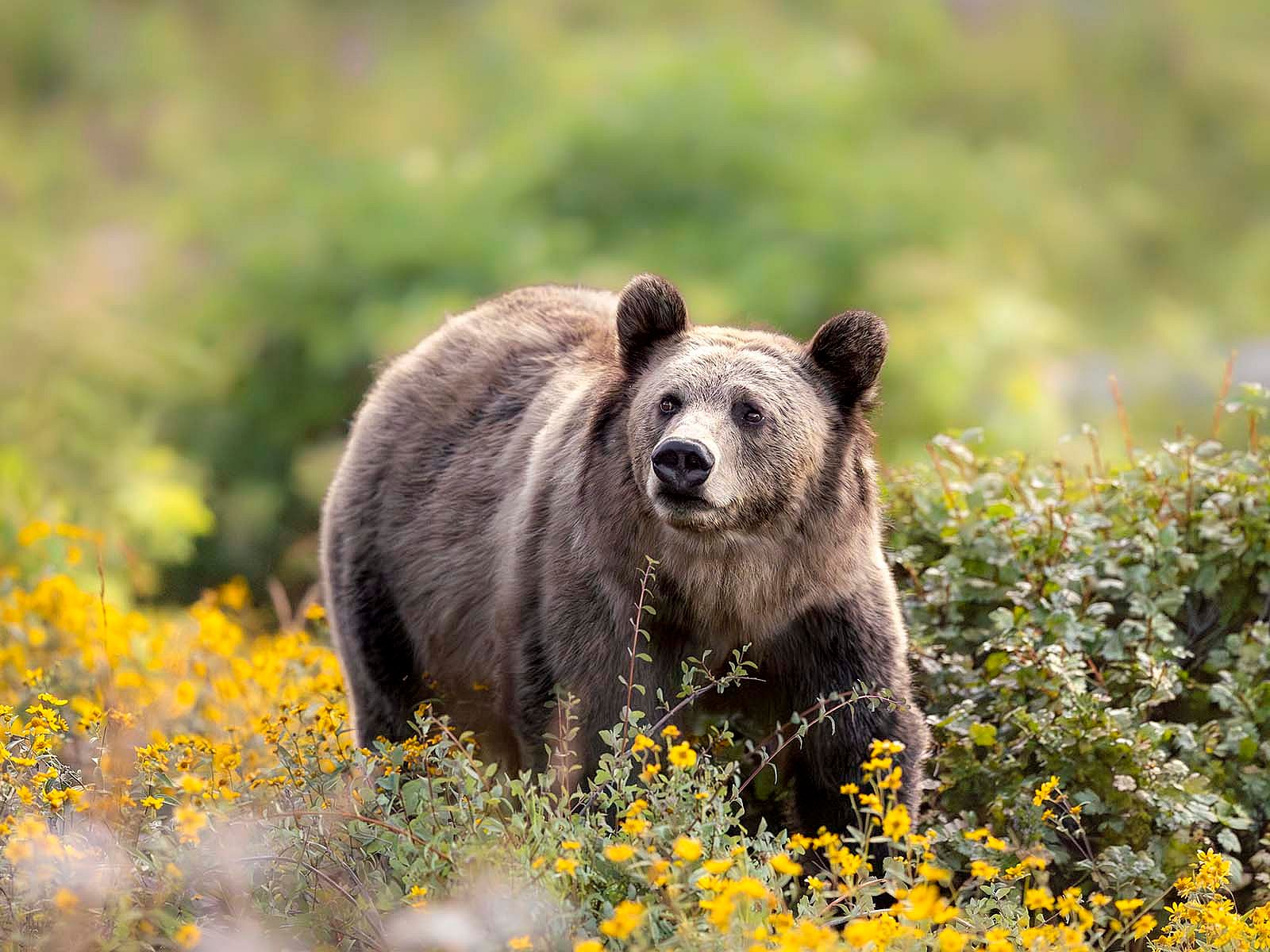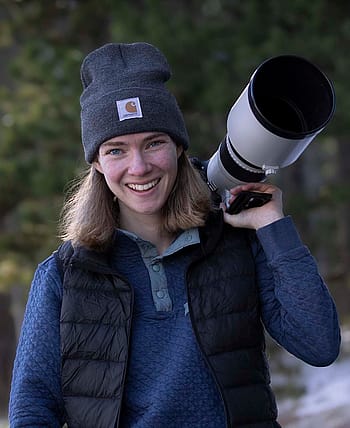
- This event has passed.
Lecture: Greater Yellowstone Ecosystem Wildlife Photography
March 7, 2024 @ 12:00 pm - 1:00 pm MST

Wildlife Photography in the Greater Yellowstone Ecosystem: Biodiversity, Human Interactions, and Ethics
By Julia Cook
March 7, 2024
Noon–1 p.m.
Join us for the March Lunchtime Expedition, Wildlife Photography in the Greater Yellowstone Ecosystem: Biodiversity, Human Interactions, and Ethics, presented by Julia Cook.
The in-person talk takes place in the Center’s Coe Auditorium, with a virtual option available. If you prefer to join us online, you may register in advance via Zoom webinar: https://us02web.zoom.us/webinar/register/WN_-cn2roeSQpOehvaJrI5fwQ
After registering, you will receive a confirmation email containing information about joining the webinar.
About the program
Speaker Julia Cook uses a variety of her images to discuss a range of ideas relating to wildlife photography, specifically in Greater Yellowstone Ecosystem, including why the area is one of the best locations for wildlife photography. She also covers her recent photojournalism project, “This is Grizzly Bear Country: Human Grizzly Interactions in the Yellowstone Ecosystem.” Completed for her fellowship as the 2022 Larsh Bristol Photojournalism Fellow at the University of Wyoming, the project highlights the complex ways humans and bears interact within a shared landscape, with images showing the possibility of coexistence. Wildlife photography and viewing ethics are also discussed.
About the speaker

Julia Cook is a wildlife photographer and naturalist. Growing up in Cody, less than an hour from Yellowstone, she developed a love for nature at an early age, which eventually led her to pick up wildlife photography.
A recent graduate from the University of Wyoming, Julia holds a B.S. in Environment and Natural Resources and a B.A. in History; she is now pursuing wildlife and outdoor photography full time. Cook spends most of her free time in the field photographing various species of wildlife, though grizzly bears are a favorite.
Her overall goal in photography is to capture impactful images of native wildlife that highlights the wildness of the American West while inspiring others to care about wildlife conservation. Cook is also dedicated to ethical wildlife photography in order to keep wildlife wild and allow them to behave naturally without interference.
Upcoming Lunchtime Expeditions
The series generally continues on the first Thursday of each month, but please note: there will not be an April lecture this year.
• May 2: Large Carnivore Management in Wyoming, by Luke Ellsbury
• June 20 (note date change): How the Largest of the Largest Dinosaurs Came to Be, by Dr. Michael D’Emic
• July 11 (note date change): Global Warming in the Bighorn Basin 56 Million Years Ago, by Dr. Scott Wing
• July 12: Bonus lecture! Human-Environment Relations from Different Perspectives: Findings from Collaborative Research of Indigenous Peoples and Swiss Anthropologists
• August 1: Voyagers of the Night: Investigating the Ecology of Bats in the West, by Dr. Riley Bernard
• September 5: A Specialist Carnivore at its Southern Range Periphery: Canada Lynx in Disturbed Landscapes, by Dr. John Squires
• October 10 (note date change): Sporting Lead-Free: A Vital Step for Wildlife Conservation, by Hannah Leonard
• November 7: Wolverine Conservation: Giving Up Control to Promote Breeding Success, by Melissa Roman
• December 5: Mule Deer Migration, by Tony Mong
Have you missed a Lunchtime Expedition?
The talks in this series are gathered in YouTube playlists by year:
• 2024 Lunchtime Expeditions
• 2023 Lunchtime Expeditions